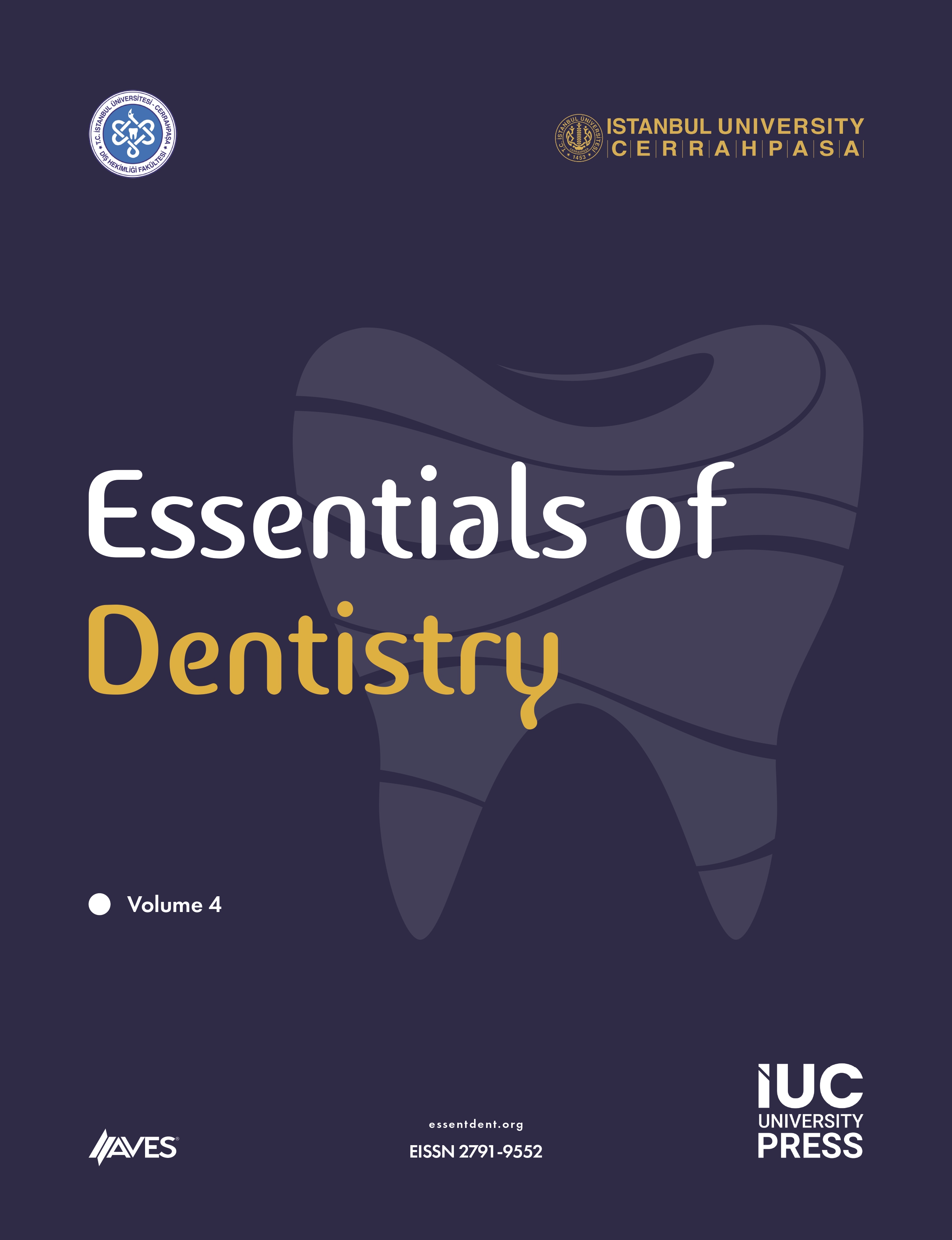Background: The aim of this study was to compare the levels of salivary nuclear factor kappa-β receptor activator ligand (RANKL), osteoprotegerin (OPG), tumor necrosis factor alpha (TNF)-α, and sclerostin (SOST) in individuals with different periodontal statuses and to examine their relationship with periodontal status.
Methods: A total of 60 individuals, 20 with periodontal health (S), 20 with gingivitis (G), and 20 with periodontitis (P) were included in this study. Periodontal parameters and saliva samples were recorded from the subjects. Tumor necrosis factor alpha, OPG, RANKL, and SOST levels in saliva samples were determined by enzyme-linked immunosorbent assay (ELISA). The Shapiro-Wilk test, Mann–Whitney U-test, Kruskal-Wallis test, and Chi-square test were used for statistical analysis of the samples.
Results: The mean periodontal parameters and TNF-α, SOST, and RANKL levels of individuals with periodontitis were significantly higher than those of gingivitis and periodontally healthy individuals (P < .05). Although periodontal parameters and TNF-α levels showed statistically significant differences between gingivitis and periodontal healthy individuals, there was no difference between the 2 groups in terms of RANKL, OPG, and SOST levels (P > .05).
Conclusion: The identification of biomarkers that play a role in bone metabolism in periodontal disease provides a better understanding of the pathophysiological mechanism of the disease. Increased SOST levels in saliva in individuals with periodontitis indicated that SOST may be a diagnostically accurate biomarker in evaluating bone metabolism in periodontal disease.
Cite this article as: Uçan Yarkaç F, Tekin Atay Ü, Altıparmak F. Evaluation of biomarkers in patients with different periodontal statuses. Essent Dent. 2024;3(3):87-93.






